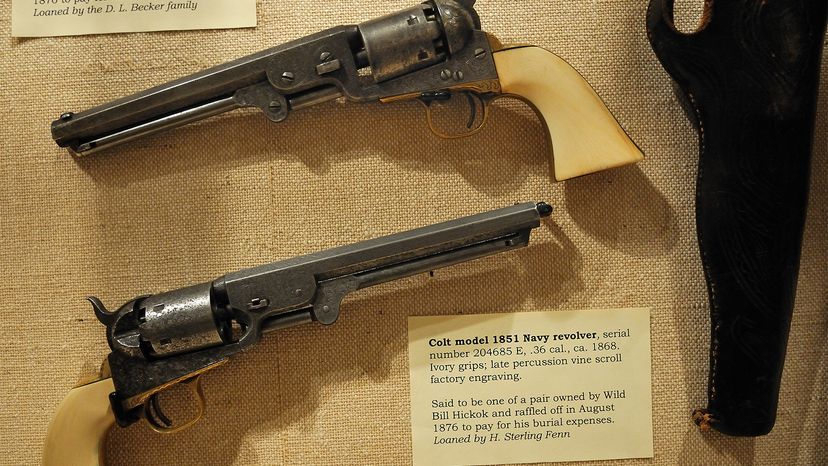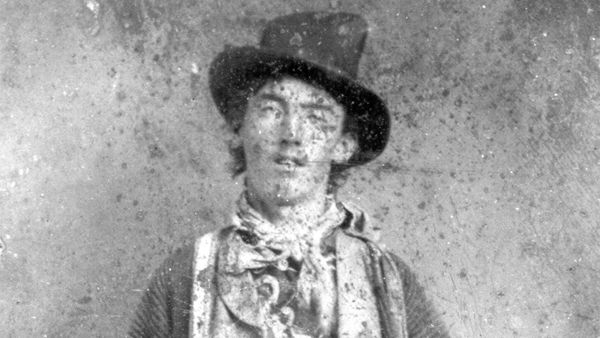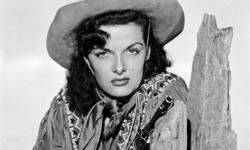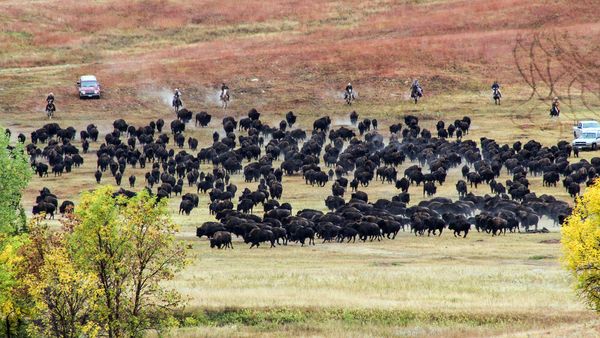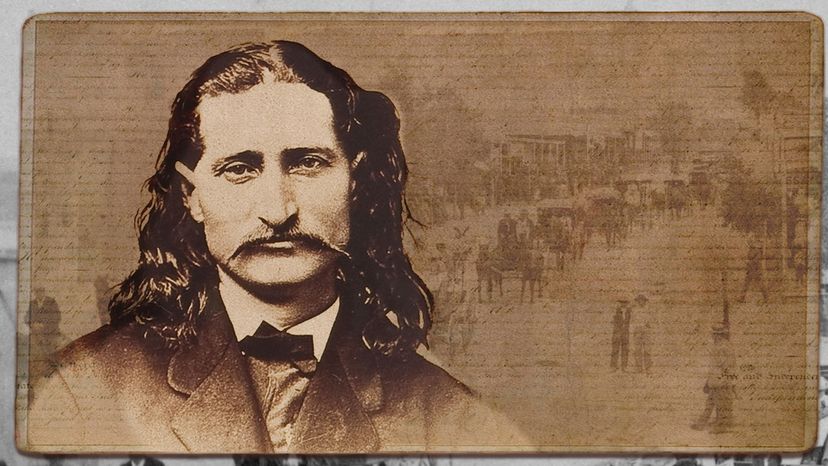
Some six decades after the button-down duel between gentlemen Aaron Burr and Alexander Hamilton, and 16 years before the blazing gunfight between lawmen and a gang called the Cowboys on a dusty lot near Arizona's O.K. Corral, a former Confederate soldier named Davis Tutt, an itinerant gambler with a score to settle, stepped into the town square in Springfield, Missouri, and fell, literally, into history.
On the other side of the square that day — it was July 21, 1865, — was a 6-foot-1-inch-tall drink of a dude, with auburn hair curling to his shoulders, a distinctively long mustache underneath an aquiline nose and a rakishly-worn sombrero topping it all off. James Butler Hickok was a former Union soldier, and a gambler, too, both by nature and profession. He also was good with a gun.
Advertisement
At about 6 p.m. that afternoon, with a gold watch, a gambling debt, perhaps the affections of a woman, and certainly a good dollop of pride on the line, the two men became the stars in what is now recognized as the Wild West's first quick-draw shootout.
Things didn't go well for young Mr. Tutt that afternoon. As for J.B. Hickok — many knew him even then as Wild Bill — the gunfight in Springfield became the stuff of legend.
"It was sort of inevitable as they approached each other, to the point where they saw that one could hit the other ... and then it was who drew first. So it was kind of improvised," says Tom Clavin, the author of "Wild Bill: The True Story of the American Frontier's First Gunfighter." "But the story spread like a prairie fire. It sort of set the template, the choreography, for these gunfights that would take place over the next few decades."
Advertisement
